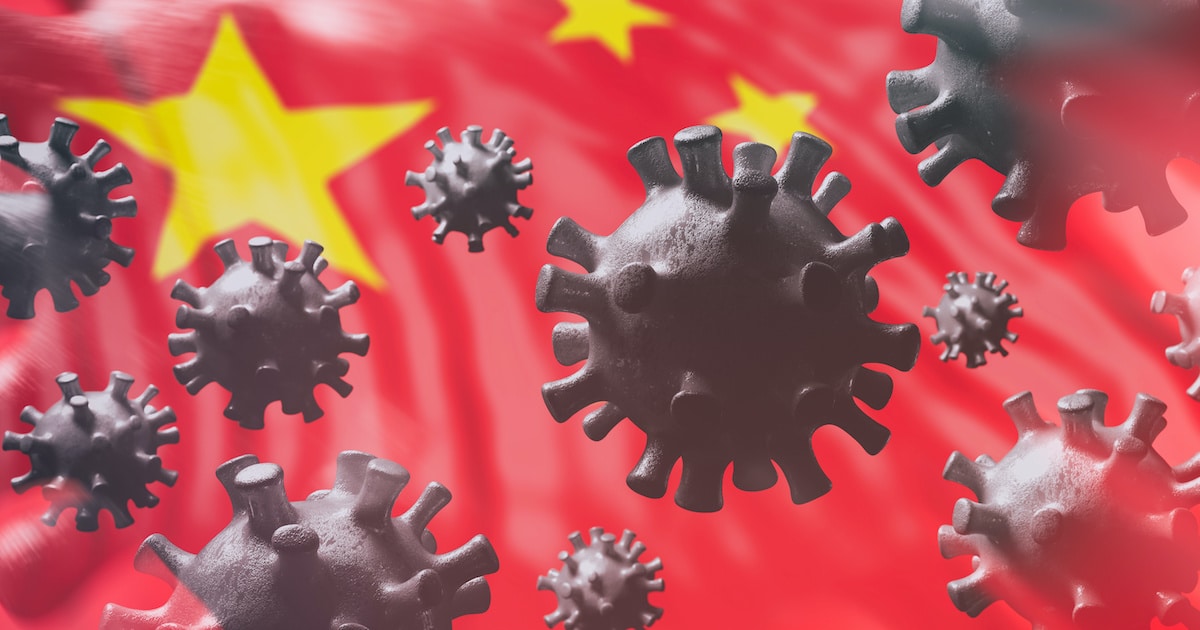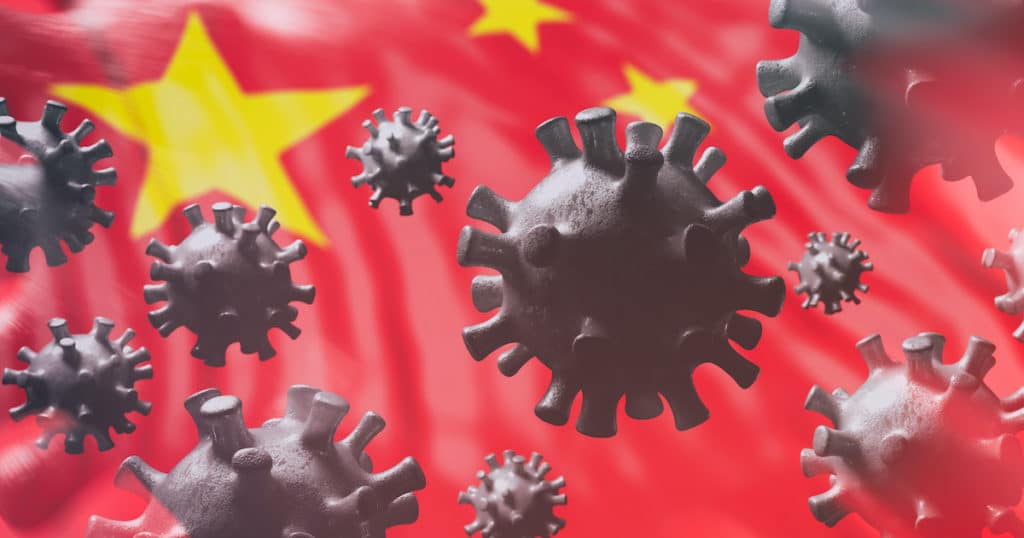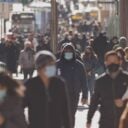
Analysts Warn Coronavirus Impact to Chinese Economy Worse than Initial Indicators

Economic data on Monday showed the “devastating” impact the coronavirus outbreak had on the Chinese economy, though the spread of the virus appears to have turned a corner in China.
The National Bureau of Statistics reported that industrial output for the January to February period fell 13.5% on a year-over-year (YoY) measure. Fixed asset investment plunged by almost 25% and retail sales tanked 20.5% over the same period.
However, analysts warn the damage to the Chinese economy is far from over and indeed likely worse than initial reports indicate. The recent data was averaged between January and February, meaning a period excluding the vast majority of economic disruption in March.
Ting Lu, chief China economist for Nomura, said the impact to the Chinese economy in the first quarter (Q1) was “devastating.”
“In our view, the only question is how negative [Q1 GDP] will be.”
On Monday, the People’s Bank of China pumped ¥100 billion ($14.3 billion) into the financial system by introducing cheap loans to banks. On Friday, they also injected ¥550 billion ($78.6 billion) into the banking system by cutting the amount of cash banks must hold as reserves.
But as we saw in the U.S., central bank action didn’t stop the bleeding in the Shanghai index. The SSE Composite Index (^SSE) was down -98.18, or -3.40% to ¥2,789.25.
The unemployment rate in China jumped to 6.3% in February from 5.2% in December. While the National Bureau of Statistics stated the economic picture could improve in Q2, the spike in unemployment will depress consumer spending.
Unlike the U.S. economy, the Chinese economy is still largely a goods-producing economy and not driven by consumer spending on the same level.
Mao Xinyong, a spokesman for the National Bureau of Statistics, said Monday at the press conference the government will take further action to stimulate the economy and counter the virus’ impact.
He said those actions will not include increasing liquidity to avoid gains in consumer prices. The government will look at fiscal and monetary measures such as lowering taxes, boosting government spending, lowering borrowing costs, job protection policies.
However, Mao conceded the actions will not mirror those in the wake of the 2008 Global Recession. It’s not feasibly given China’s debt has since surged, while the current account surplus and foreign exchange reserves have fallen.






